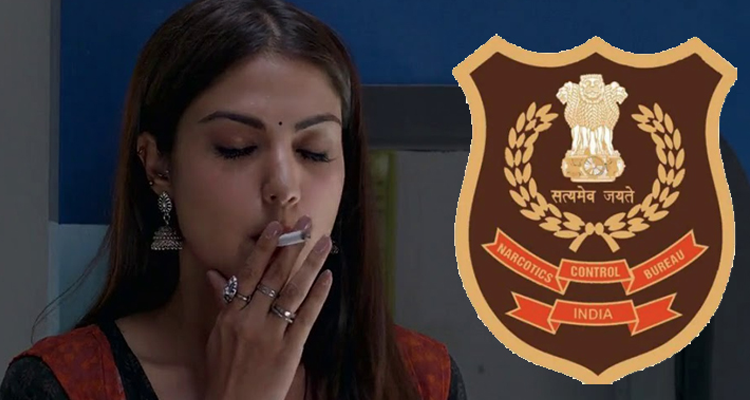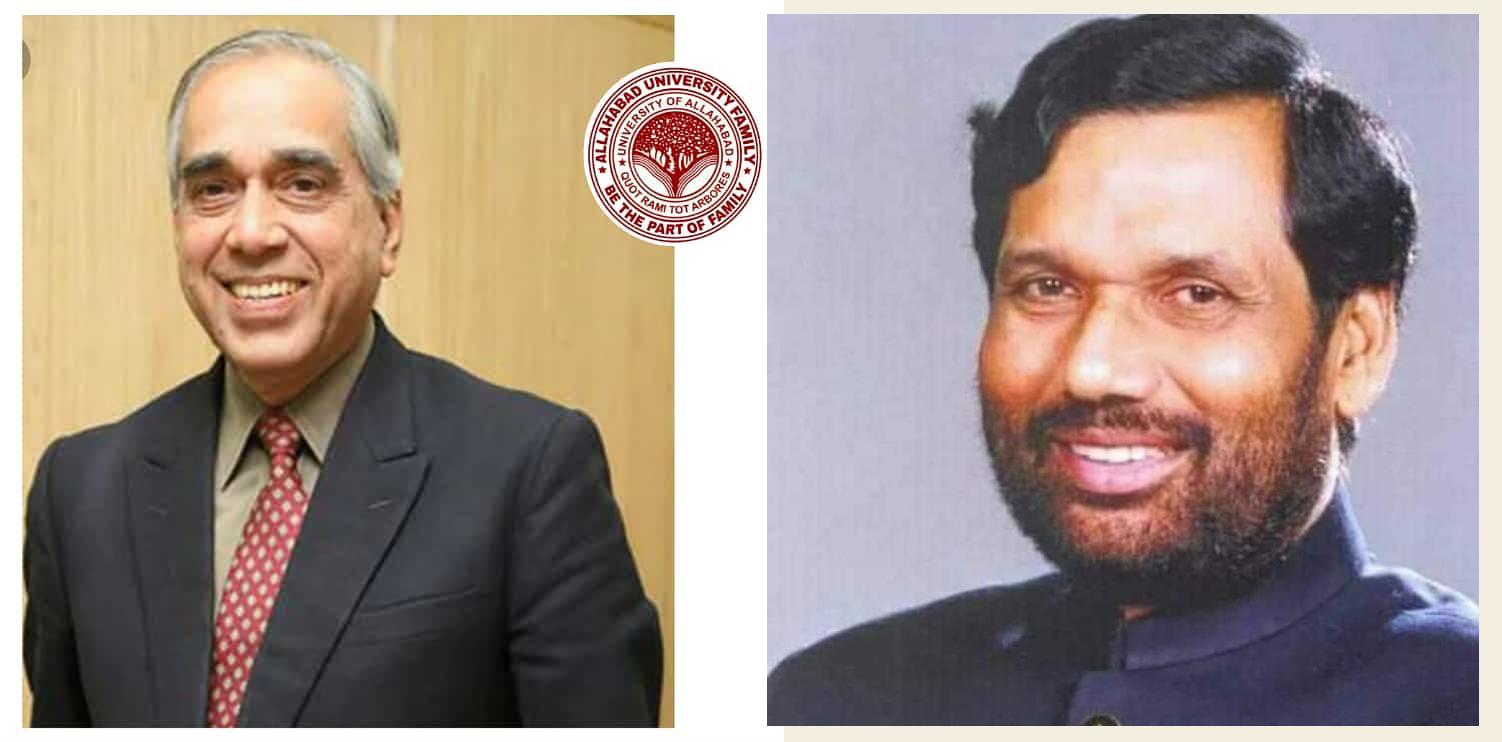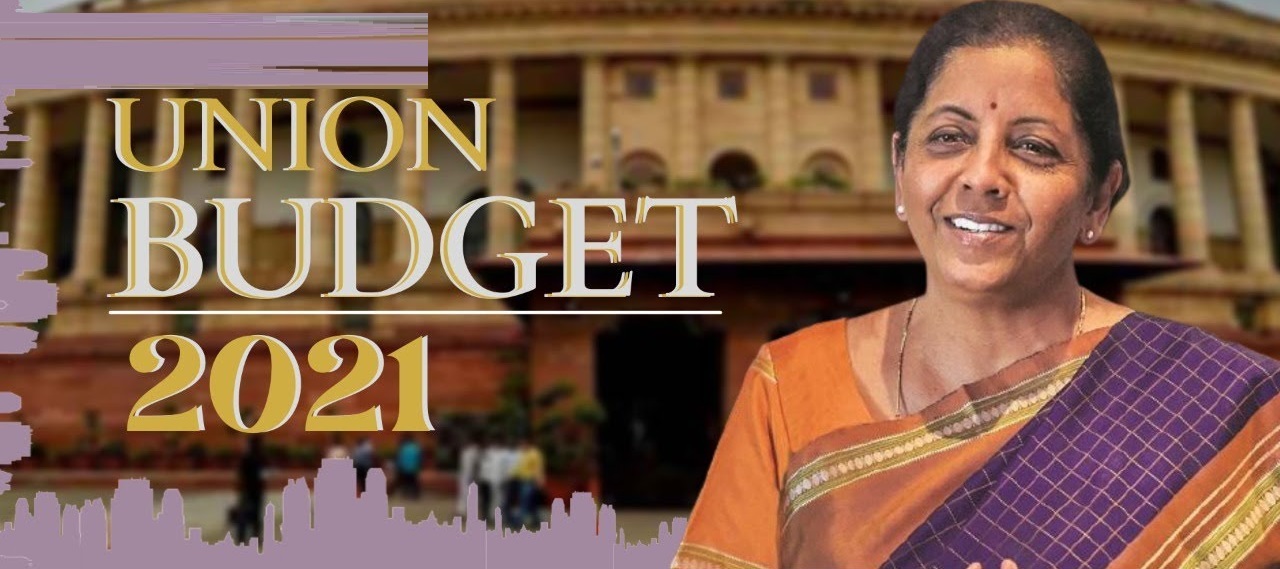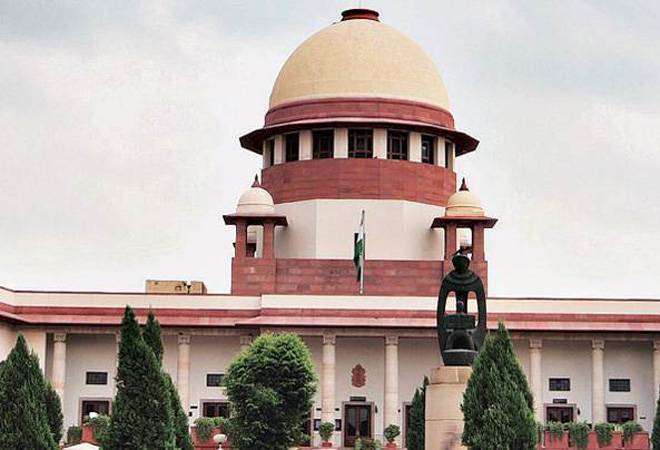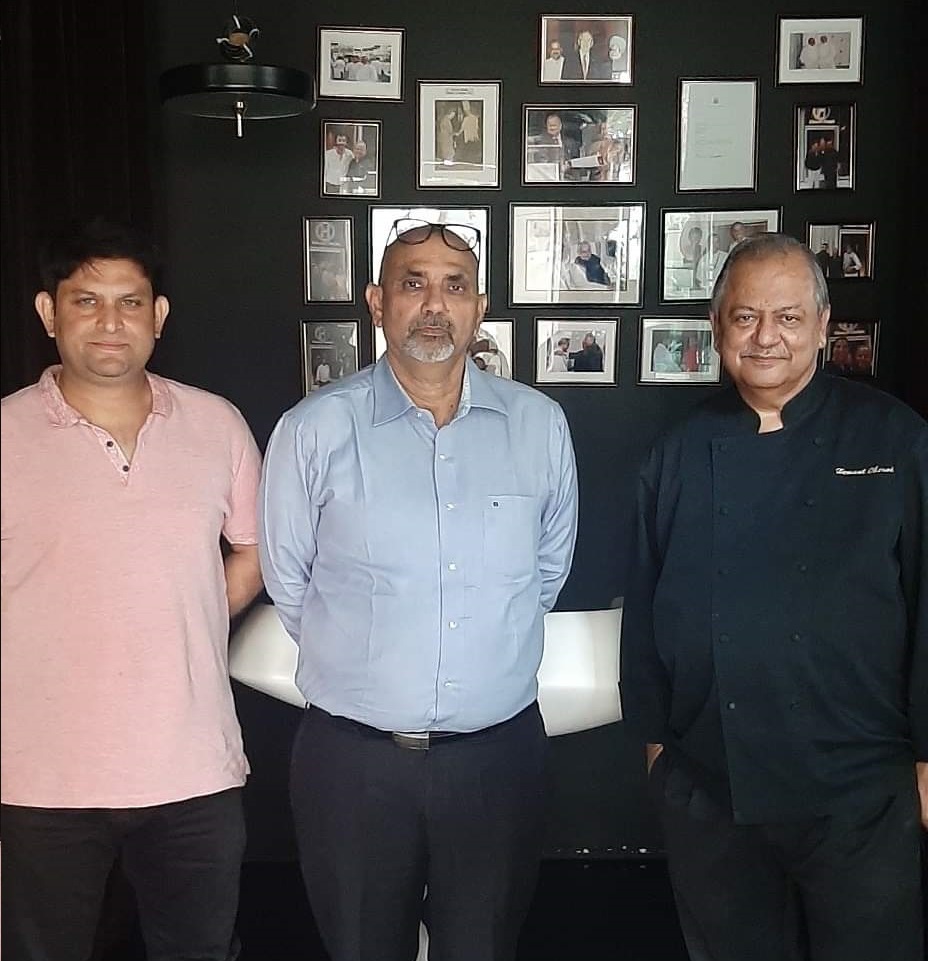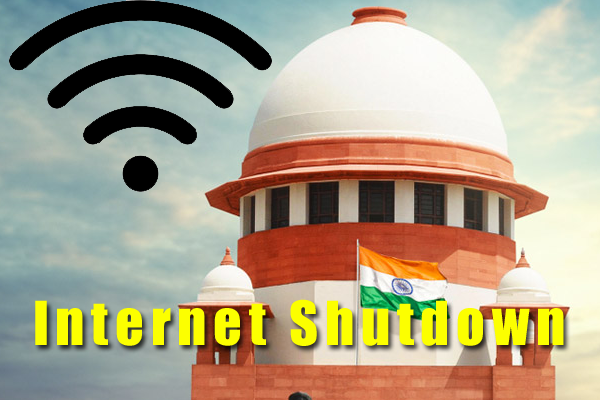
Internet shutdown: legal or illegal?
The Supreme Court recently declined to hear a request for adherence to the Anuradha Bhasin ruling made by the non-profit Foundation for Media Professionals.
A miscellaneous application filed through Advocate-on-Record Prateek K Chadha in the Anuradha Bhasin case, filed by the executive editor of a Kashmiri daily, challenging the communication shutdown in Jammu and Kashmir from August 5, 2019, following the abrogation of its special status under Article 370 of the Constitution, was being heard by a bench of Justices BR Gavai Dipankar Dutta and Aravind Kumar. The Court rendered its decision in the matter in January 2020, among other things, prohibiting an indefinite internet shutdown and requiring the publishing of shutdown orders.
The submission from the non-profit highlighted three key aspects, building on the organization's prior involvement in the Anuradha Bhasin case:
First, the foundation asked the court to mandate that all orders limiting access to telecommunications services—including the Internet—be proactively published by the relevant authorities. This will allow the impacted parties to contest the orders in the relevant forums.
Second, the group demanded that individuals use Right to Information (RTI) requests to obtain the relevant information on internet shutdown orders. It emphasized that these requests should not be turned down on the grounds of a general exemption.
Third, the foundation requested clarification that shutdown orders cannot be issued under Section 144 of the Code of Criminal Procedure, 1973, and that the Temporary Telecom Suspension (Public Emergency or Public Safety) Rules, 2017 are the source of authority for limiting access to telecommunication services, including the Internet.
The foundation cited cases in Arunachal Pradesh, Madhya Pradesh, Manipur, Meghalaya, Rajasthan, Uttar Pradesh, and West Bengal to argue that numerous state governments have implemented internet shutdowns without proactively publishing the legal orders authorizing these suspensions, in spite of the court's clear directives in January 2020. There are concerns regarding the legitimacy and openness of these states' acts because it is said that they have not followed the court's orders.
Furthermore, the foundation made note of the fact that state governments have declined to respond to requests for information made under the Right to Information by civil society organizations. Requests for Information (RTIs) of this type were made to the governments of Madhya Pradesh, Meghalaya, West Bengal, and Uttar Pradesh in order to obtain particular information about their adherence to the Anuradha Bhasin ruling.
Senior Advocate, representing the applicant, voiced worries about state governments blocking internet access “as and when required” during today's session.
Justice Gavai countered, "It depends upon the situation prevailing in those states."
We do not contest that. "It is their prerogative to shut down the internet if the situation calls for such a response," said the applicant before continuing. A situation involving law and order can arise. But the issue we have is...
"I understand you are facing numerous challenges, but how can your application be maintained in the first place in a case that has already been resolved, and we are essentially functus officio?"
Justice Kumar enquired. "At the most, you can ask for a review," the court agreed.
Justice Gavai stated, "Merely because we have committed an error by issuing notice," in response bringing up the fact that the court had sent notice in this case back in May of this year.
He continued, saying
"We disapprove of the practice of bringing civil motions to reopen matters that have already been resolved. We have levied costs of Rs 10 lakhs apiece in two cases.
Applicant responded by attempting to make a distinction between private issues and litigation pertaining to the public interest.
"It is improper for parties to attempt to evade orders in private matters by filing miscellaneous applications in a disposed of matter." But this is not a personal issue. We were serving the public interest when we made an appearance in the Anuradha Bhasin case.
"I'm grateful. Dismissed, Justice Gavai declared emphatically. The Foundation for Media Professionals was ultimately permitted to withdraw its application by the bench.
Background
The primary petition was filed by Rajya Sabha MP Ghulam Nabi Azad and Anuradha Bhasin, executive editor of Kashmir Times, contesting restrictions on media and the internet as well as other laws enforced in the Kashmir region after the former state of Jammu and Kashmir's special status was revoked in August 2019.
Article 19(1)(a) and Article 19(1)(g) of the Constitution, respectively, provide the freedom of speech and expression and the freedom of trade and commerce via the internet, according to a bench led by Justice NV Ramana. It further stated that any limitations on basic rights must comply with the requirements of Articles 19(2) and (6) as well as the proportionality test.
The Court also noted that one of the main ways that information is disseminated these days is through the internet, where expression has gained current relevance. Consequently, as the right to free speech and expression over the internet is guaranteed by Article 19(1)(a), any restrictions on it must be compliant with Article 19(2) of the Constitution (para. 26).
Your free access to Supreme Law News has expired
For further details contact:
Dr. Ajay Kummar Pandey
( LLM, MBA, (UK), PhD, AIMA, AFAI, PHD Chamber, ICTC, PCI, FCC, DFC, PPL, MNP, BNI, ICJ (UK), WP, (UK), MLE, Harvard Square, London, CT, Blair Singer Institute, (USA), Dip. in International Crime, Leiden University, the Netherlands )
Advocate & Consultant Supreme Court of India, High Courts & Tribunals.
Delhi, Mumbai & Dubai
Tel: M- 91- 9818320572. Email: editor.kumar@gmail.com
Website:
www.supremelawnews.com
www.ajaykr.com, www.4Csupremelawint.com
Facebook: /4Clawfirm, /legalajay Linkedin: /ajaykumarpandey1 Twitter: /editorkumar / YouTube: c/4cSupremeLaw Insta: /editor.kumarg
Telegram Channel
Whatsup Channel


